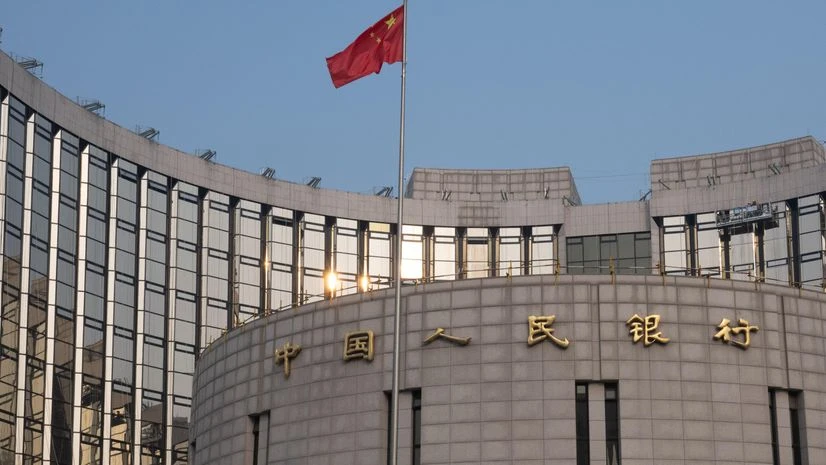China passed a value-added tax (VAT) law on Wednesday that consolidates previous regulations, including exemptions for specific items, into a single legal framework. The law was approved during a session of the Standing Committee of the National People’s Congress, China’s national legislature, and is set to come into effect on January 1, 2026, according to the official Xinhua news agency.
What is China’s value-added tax?
According to China Briefing, VAT is one of the most important indirect taxes in China. Its legal basis relies on the Interim Regulation of VAT, which initially was issued by the State Council, China’s cabinet, and implementation guidelines released by the Ministry of Finance (MOF) and the State Taxation Administration (STA).
In China, taxpayers are categorised into two: General taxpayers and small-scale taxpayers based on their annual taxable sales. Businesses with annual taxable sales exceeding RMB (renminbi) 5 million must be registered as general taxpayers.
The VAT is China’s largest tax category, contributing about 38 per cent of national tax revenue in 2023, official data shows, a Reuters report said.
New tax exemptions under VAT
Although China’s latest report on VAT did not detail all provisions, the draft law exempts certain agricultural products, imported equipment for scientific research and teaching, certain goods for people with disabilities, and services offered by welfare institutions like nurseries and elderly care facilities. The government can also expand the list of tax-deductible items to support specific sectors or businesses.
Also Read
Xinhua commented that with the VAT law now in place, 14 of China’s 18 tax categories have legal frameworks. This would cover the vast majority of the country’s tax revenue and reflect significant progress in statutory taxation principles.
The law was passed during a session of the National People’s Congress Standing Committee, which ended Wednesday. In recent months, China has introduced various tax measures, such as waiving VAT on homes sold at least two years after purchase to help its struggling property market. Besides, a VAT refund policy encouraging domestic and foreign research institutions to buy Chinese-made equipment has been extended through 2027.
Slowing economy, changes to VAT
China has changed the VAT rates several times in the last few years, with a reduction in the rate for manufacturers to 13 per cent in 2019. The slowing economy, however, has weighed on tax revenue. VAT revenue dropped 4.7 per cent year-on-year between January and November 2023 to 6.1 trillion yuan ($840 billion), although November showed a slight 1.36 per cent increase, indicating possible recovery.
“The rebound in VAT suggests improving economic activity, as sales and business operations pick up. This could signal a recovery in industrial profits, boosting overall economic momentum,” said Tommy Xie, head of Asia Macro Research at Singapore-based OCBC Bank.

)